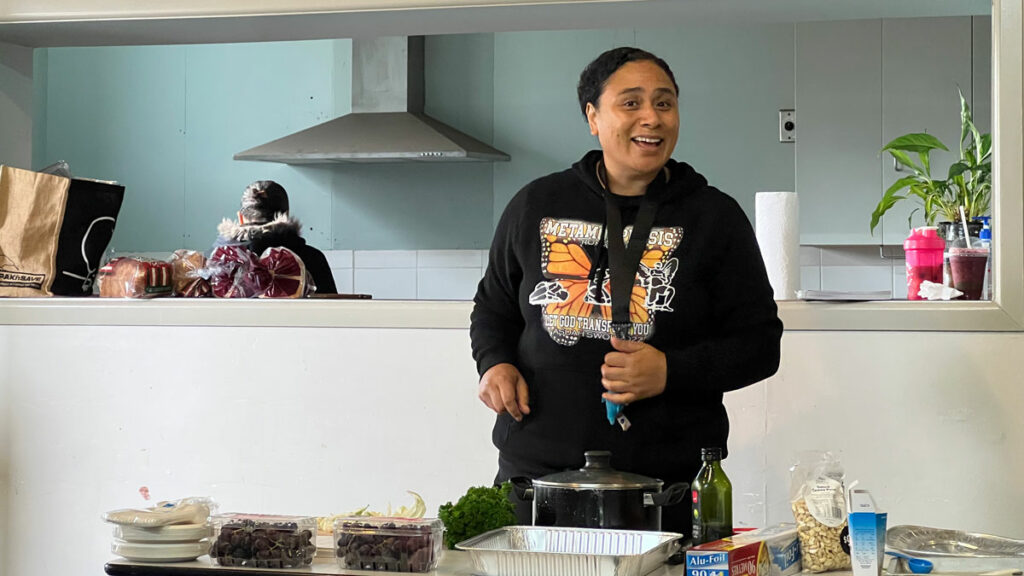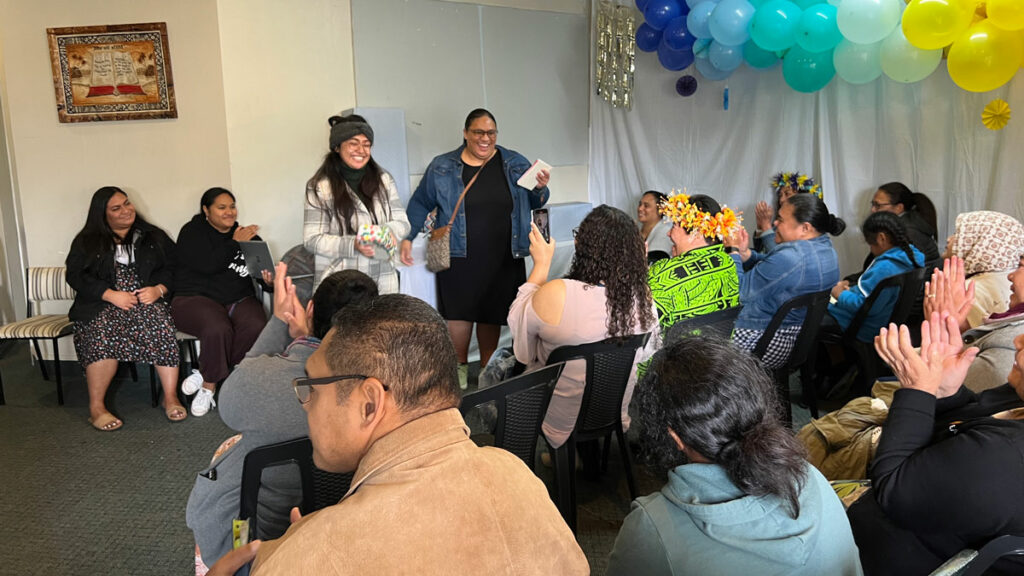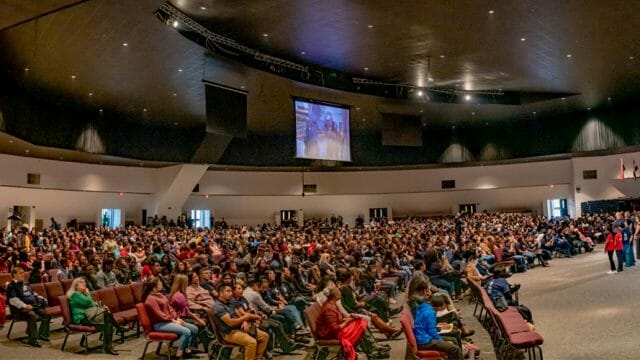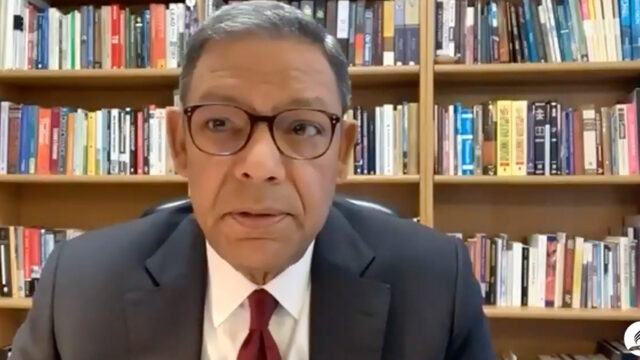Complete Health Improvement Program (CHIP) is transforming Pasifika members.

In a first for the Pasifika (Pacific Islander) churches in North New Zealand, a group of 41 Pasifika men and women completed the Complete Health Improvement Program (CHIP) in Auckland. In doing so, the outcomes exceeded expectations, particularly in light of the COVID-19 restrictions on gatherings.
The majority of the Mizpah and Rehoboth congregations that joined together to run the program are Tongan. In addition, a few members from the Tokoroa church — about two hours south of Auckland — joined. Initially, all meetings were held via Zoom videoconference. As restrictions were eased, it was possible to run a hybrid mode, with the weekday meetings held via Zoom and then a Sunday in-person session in which food demonstrations and tastings were possible.

“We see this program as a breakthrough on so many levels,” Adrielle Carrasco, director of Adventist Health Ministries for the New Zealand Pacific Union Conference (NZPUC), said. “There was not a single participant who did not see positive changes in their overall health. I was completely blown away by the results — and the expressions on the faces of those who attended.”
Carrasco said that one of the organizers’ biggest challenges was finding a laboratory to process pre-assessment blood tests, as the laboratories were overwhelmed with COVID-19 testing. Instead, the group opted to use the “My Wellness Snapshot” questionnaire via ELIA Wellness. It proved appropriate, as it helped to showed major behavioral changes in favor of positive lifestyle and well-being of the course of the program. These changes would not necessarily have been reflected in blood tests alone.
“The beauty of using the ‘My Wellness Snapshot’ was that we had written pre- and post- results that focused on well-being — and well-being is quite often where we see the greatest change in those who complete CHIP,” Carrasco said.
A significant drop in systolic blood pressure was another positive feature of the program.
At the graduation ceremony, many of the participants got up and gave emotional and heartfelt testimonies on how much they had learned and gained from the program. All of them committed to continuing the health journey they were on, realizing that even if they strayed, at least they now had a point of return — something to aim for.

CHIP participant Samisoni Lolo, pastor for both Mizpah and Rehoboth churches, was overflowing with praise for the transformations he saw in himself and within his congregations. “The CHIP program was absolutely a life changer,” he said. “The program proved to be insightful and informative, careful to address why certain things were detrimental or beneficial to one’s health. I’m living proof that CHIP really works. It transforms lives. I was 135 kilograms [298 pounds] and finished at 111 kilograms [248 pounds]. I was diagnosed with diabetes last year and was on medication. Now I am completely off my medications. CHIP is a lifelong lifestyle change where I now eat to live, not live to eat.”
For Marlene Haumani Ahsin, whose morbid obesity had prevented her from living an active lifestyle after a spinal injury, the program has been truly life changing — in her words, “an improvement in health, feel, look, attitude, and character.”
“Medically and emotionally, it saved me from my self-destruction,” Ahsin said. “[The] Complete Health Improvement Program is my choice to live by.” She went on to describe how her friends were astonished when she chose a healthy option while they chose burgers and fries. When challenged, she replied, “We can eat what we like, when we like — but I choose not to. I’m healthier and happier than I have ever been in the last four years. I choose to live more.”
A dedicated group of five team leaders challenged their groups, creating a friendly competition among participants, with each team competing to see how many steps they could do in a week. The competition was close, but in the end the whole group were winners — they not only walked the equivalent of the entire circumference of New Zealand in “virtual” steps but also got a lot fitter at the same time.
New initiatives in New Zealand government circles are seeking to improve Pasifika health, well-being, and nutrition. The current program has shown that CHIP may play an important role in bringing health and well-being to such communities.
The original version of this story was posted on Adventist Record.







